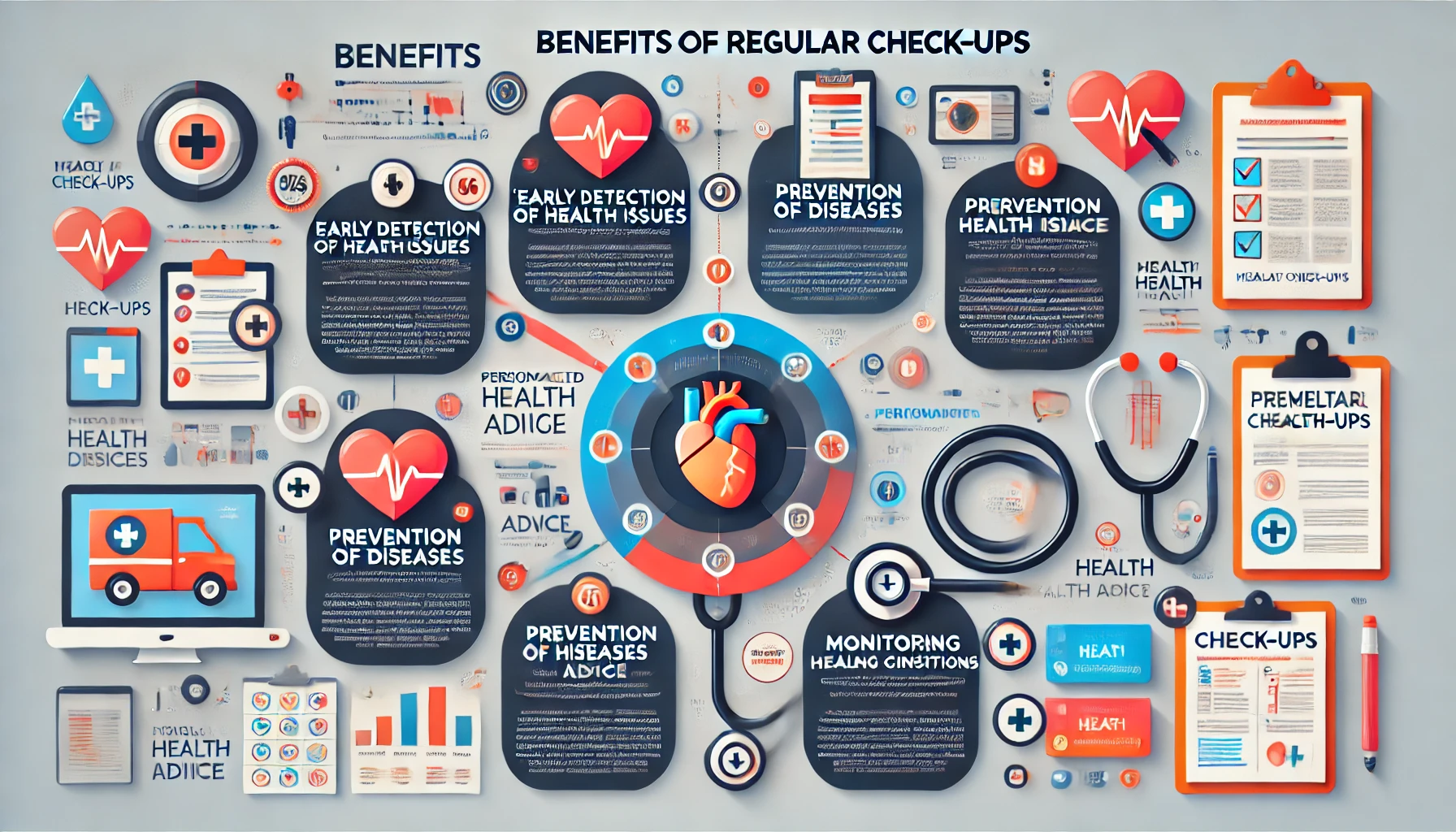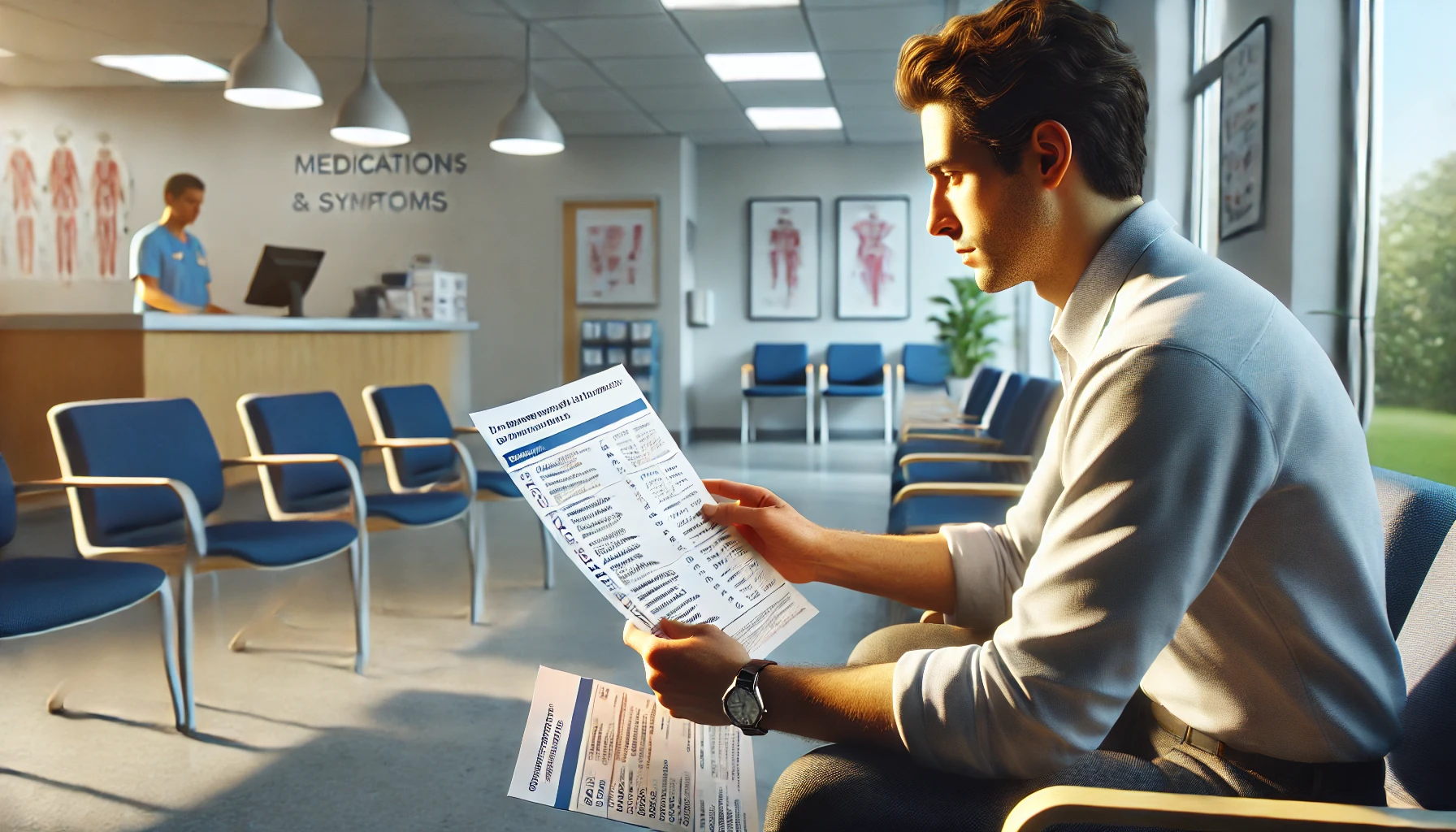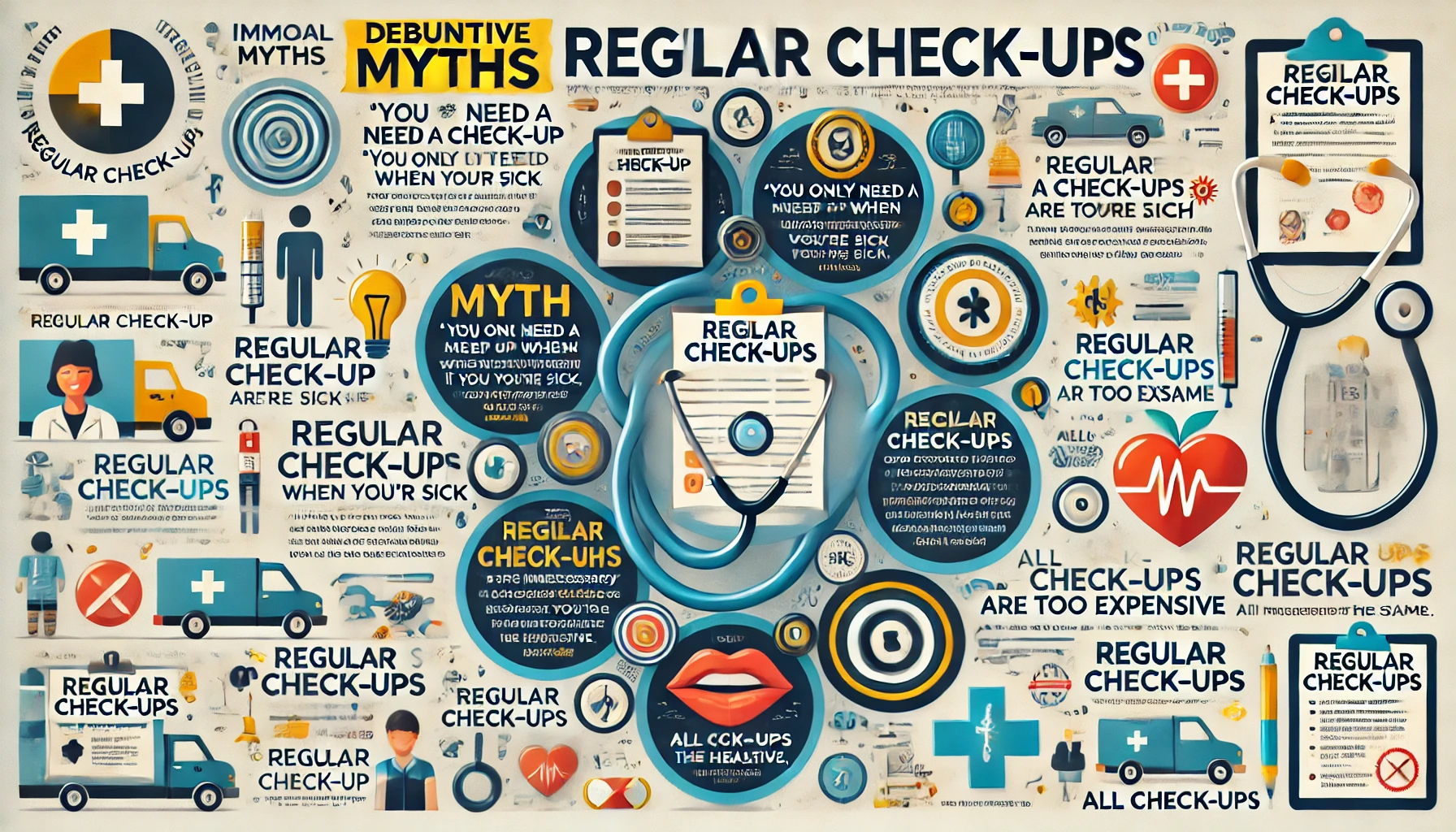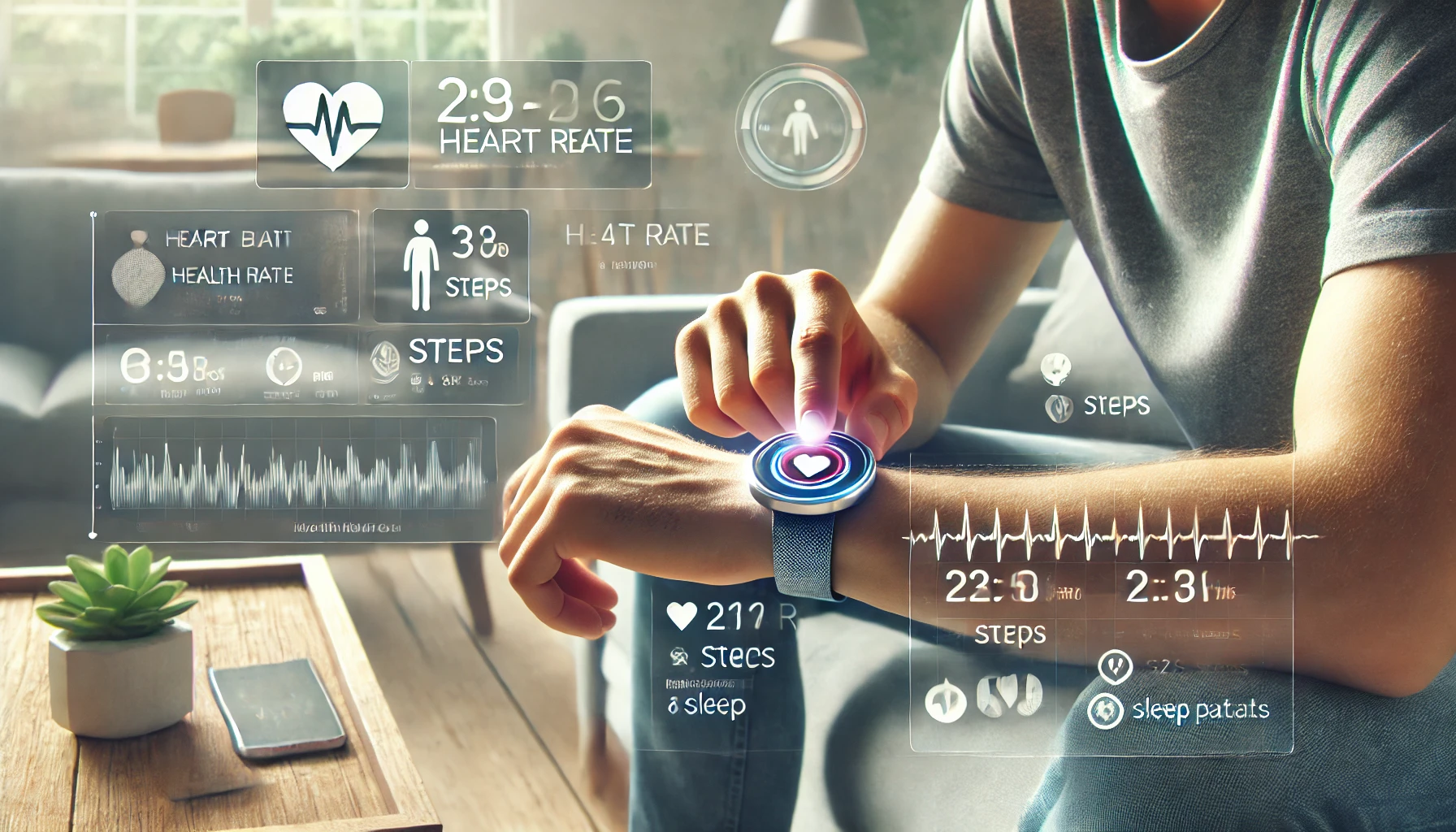Regular Check-Ups: Guide to Preventive Health
Dr. John Smith
15 Sep 2024 • 8 min read
Introduction to Regular Check-Ups
Regular check-ups are an essential part of maintaining good health and preventing serious medical conditions. These routine visits to your healthcare provider allow for the early detection of potential health issues, ongoing management of existing conditions, and guidance on maintaining a healthy lifestyle. Regular check-ups are not just for those who feel unwell; they are for everyone who wants to stay healthy and catch any issues before they become serious.

The Importance of Regular Check-Ups
Regular check-ups offer numerous benefits, including:
- Early Detection: Identifying health problems early when they are most treatable.
- Prevention: Receiving vaccinations, screening tests, and advice on reducing risk factors for chronic diseases.
- Ongoing Management: Monitoring and managing chronic conditions such as hypertension, diabetes, and high cholesterol.
- Health Promotion: Encouragement and guidance on maintaining a healthy lifestyle, including diet, exercise, and mental health.
- Building a Relationship with Your Doctor: Establishing a continuous relationship with your healthcare provider ensures personalized care and better communication.

What to Expect During a Regular Check-Up
Medical History Review
Your healthcare provider will review your personal and family medical history. This helps identify any hereditary conditions and understand your health background.
- Discussion of Symptoms: Talk about any symptoms or health concerns you may have.
- Review of Medications: Discuss any medications, supplements, or herbal remedies you are taking.

Physical Examination
A physical exam is a routine part of a check-up, where your doctor assesses various aspects of your health:
- Vital Signs: Checking blood pressure, heart rate, respiratory rate, and temperature.
- Heart and Lung Exam: Listening to your heart and lungs with a stethoscope.
- Head and Neck Exam: Checking your throat, tonsils, ears, and eyes, as well as palpating the lymph nodes in your neck.
- Abdominal Exam: Pressing on different areas of your abdomen to check for pain, swelling, or abnormalities.
- Skin Check: Examining your skin for any unusual moles, rashes, or growths.
- Musculoskeletal Exam: Assessing your muscle strength, joint flexibility, and posture.

Screening Tests
Depending on your age, gender, and risk factors, your doctor may recommend various screening tests:
- Blood Tests: To check cholesterol levels, blood sugar, and kidney and liver function.
- Urinalysis: To detect urinary tract infections, kidney problems, or diabetes.
- Cancer Screenings: Such as mammograms, Pap smears, prostate exams, or colonoscopies.
- Bone Density Test: For assessing the risk of osteoporosis, especially in postmenopausal women.
- Vision and Hearing Tests: To detect any issues with sight or hearing.

Frequency of Regular Check-Ups
Children and Adolescents
Regular check-ups are essential for monitoring growth and development in children and adolescents.
- Infants: Regular check-ups every few months during the first year to monitor growth and development.
- Children: Annual check-ups to monitor physical, emotional, and social development.
- Adolescents: Annual visits to address growth, mental health, and issues like puberty, substance use, and sexual health.

Adults
For adults, the frequency of check-ups depends on age and health status.
- 20s and 30s: Every 2-3 years if you're generally healthy.
- 40s and 50s: Every 1-2 years to monitor blood pressure, cholesterol, blood sugar, and for cancer screenings.
- 60s and Older: Annual check-ups to monitor chronic conditions, mobility, cognitive function, and to stay current with vaccinations and screenings.

Those with Chronic Conditions
More frequent check-ups may be necessary to manage chronic conditions effectively.

Preparing for a Regular Check-Up
To get the most out of your check-up, it’s important to be prepared:
- Make a List of Symptoms: Note any new symptoms or concerns to discuss with your doctor.
- Bring Your Medication List: Include all prescription medications, over-the-counter drugs, and supplements.
- Update Your Family Medical History: Be aware of any changes in your family’s health history.
- Prepare Questions: Write down any questions you have about your health, lifestyle, or treatment options.

Common Myths About Regular Check-Ups
Myth 1
I only need to see a doctor when I’m sick.
- Fact: Regular check-ups are essential for preventing illness and catching problems early before they become serious.
Myth 2
Check-ups are only for older people.
- Fact: People of all ages benefit from regular check-ups, as they help maintain good health throughout life.
Myth 3
Check-ups are too expensive.
- Fact: Preventive care is often covered by insurance, and catching health issues early can save money in the long run.
Myth 4
I’m too busy for a check-up.
- Fact: Your health should be a priority. Regular check-ups take minimal time and can prevent more time-consuming issues down the line.

The Role of Technology in Regular Check-Ups
Advancements in technology are making regular check-ups more accessible and effective:
- Telemedicine: Allows patients to consult with their doctors remotely, making it easier to get care without the need for an in-person visit.
- Wearable Devices: Devices like fitness trackers and smartwatches can monitor health metrics such as heart rate, physical activity, and sleep patterns, providing valuable data for your check-up.
- Electronic Health Records (EHRs): Digital records that allow for better coordination of care and easy access to your health history and test results.
- Mobile Apps: Apps that help schedule appointments, track symptoms, and remind you of upcoming check-ups or screenings.

Conclusion
Regular check-ups are a cornerstone of preventive health care, helping you maintain good health, detect potential problems early, and receive timely treatment. By staying proactive about your health and following your doctor’s recommendations for screenings and lifestyle changes, you can live a longer, healthier life. Don’t wait for symptoms to appear—schedule your regular check-up today.

Dr. John Smith
15 Sep 2024 • 8 min read